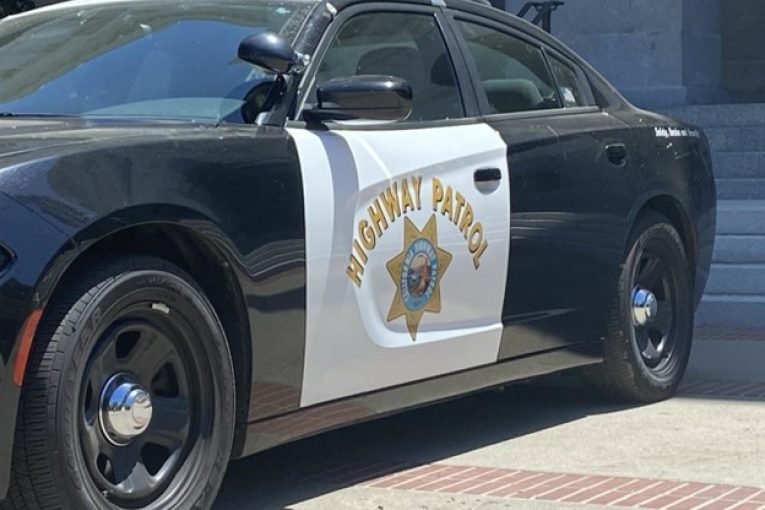

By: Robert J Hansen
San Francisco, CA – A new policy would ban San Francisco police from making traffic stops for several low-level infractions, according to a report on a new traffic enforcement policy released today by the Police Commission.
Police may no longer initiate a traffic stop for nine low-level traffic infractions such as hanging objects from the rearview mirror or having one taillight or headlight out.
This was revised from an earlier version that would have banned fourteen traffic infractions.
The nine traffic infractions proposed to be banned are below

The main goal of the report was to curtail the practice of stopping people for low-level traffic offenses as a pretext to investigate hunches that do not amount to reasonable suspicion that a crime occurred.
Pretext stops are disproportionately carried out against people of color and return negligible public safety benefits, according to the report.
“The fiscal, human, and societal costs they impose on our City are unjustified in light of more effective public safety tools at the Department’s disposal,” the report said. “Spending less time and money on these stops will free up substantial resources that the  Department can use on more effective public safety strategies, while also making good on our obligation to guarantee residents of our City equal treatment under the law, regardless of race or ethnicity.”
Department can use on more effective public safety strategies, while also making good on our obligation to guarantee residents of our City equal treatment under the law, regardless of race or ethnicity.”
San Francisco would join Berkeley, Los Angeles, Cambridge, Minneapolis and Philadelphia which have already implemented a similar policy or are planning to.
“The experiences of these cities and States confirm that curtailing pretext stops results in improved public safety and reduced racial disparities. We hope to deliver similar results for the people of our City,” the Police Commissioner said.
Pretext stops do little to reduce crime, and play an outsized role in ensuring that “driving while Black” remains a reality in the United States, according to the Coalition to End Biased Stops.
The Coalition is a broad-based group of community organizations and advocates committed to ending racially biased, low-level traffic stops by San Francisco police.
The coalition is made up of 60 civil rights, traffic safety and community organizations, including the ACLU of Northern California and the GLIDE Foundation.
Black San Franciscans make up less than five percent of San Francisco’s population but account for 26 percent of stops and 36 percent of searches.

The policy also limits officers’ ability to ask for consent to search a car or to ask for investigatory questions unrelated to the traffic stop.
Supervisor Dean Preston told Mission Local that pretext stops work as a “legal loophole for racial profiling and harassment of certain communities,” and pointed to disparate stop and jail data among different groups.
“We’ve heard assurances that the department will keep working on reducing racial disparities. But the truth is in the data, and San Francisco police officers are continuing to stop, search and use force against Black and Brown people at extreme and unacceptable rates that are higher than in most other major cities,” Preston said.
“Officers may still engage in these practices where there is at least some concrete evidence that criminal activity is afoot, but they may no longer be used indiscriminately or as a matter of course,” the report said.
Stops for traffic infractions should not be used as fishing expeditions when there is no legitimate reason to believe the person stopped is engaged in criminal activity, according to the report.
A public hearing on the revised plan will be held by the Commission on Dec. 7 and will be voted on at a later date, according to commission Vice-President Max Carter-Oberstone.

